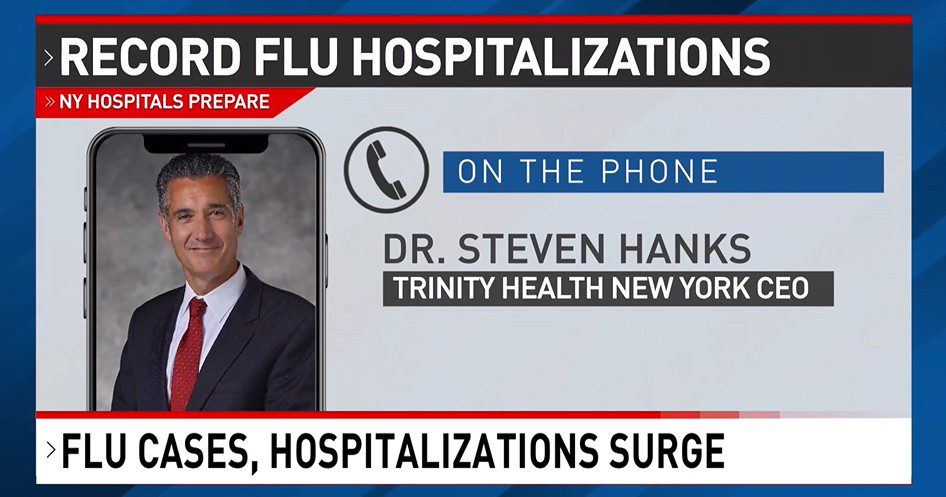
[This piece was written by Kassandra Foley, MHA, MT(ASCP)cm, CIC, infection control manager – acute care, St. Peter’s Health Partners.]
With a number of students returning to school for in-person instruction this week throughout the Capital Region, COVID-19 and its transmission is top-of-mind for parents, as well as countless community members and leaders. In addition, cold and flu season is looming, meaning we are entering prime “germ sharing” time in a typical year – and we can all agree this year has been far from typical.
It’s important to remember – and remind the children in your life – that washing your hands is still the gold standard and best defense against illness. Proper and frequent hand washing is an important part of any plan to avoid getting or passing along infectious diseases such as colds, the flu or even more serious diseases like COVID-19.
The Centers for Disease Control and Prevention (CDC) continues to stress that you need to avoid touching your eyes, nose, and mouth with unwashed hands. You should be washing your hands:
- Before eating.
- After using the toilet, when the number of germs on your finger tips doubles.
- When you’ve coughed, sneezed, or blown your nose.
- After you’ve petted or cared for pets.
- Before preparing food.
- After touching raw meat, poultry or fish and especially before you touch any fresh food, such as lettuce, that does not require cooking.
- When you’ve changed a baby’s diaper.
- When you’ve been working outside in the garden.
- After handling garbage.
- After you’ve taken medication or treated a sore on your skin.
- Before inserting or removing a contact lens.
How you wash is just as important as when you wash. Just placing your hands under running water for a few minutes will do little, if anything, to get rid of harmful bacteria. Always remember to:
- Use warm water and soap, lathering up all over the hands, in between the fingers, under the nails and up the wrists. Remember that millions of bacteria can hide under a ring, watch band or bracelet.
- Take at least 20 seconds – the time it takes to sing the Happy Birthday song twice – to wash, rubbing the hands vigorously together before rinsing.
- Dry the hands thoroughly with a clean towel or paper towel.
If you don’t have access to facilities to properly wash your hands, alcohol-based hand sanitizer will work in a pinch until you can wash your hands. But it is no substitute for thorough handwashing, as sanitizers don’t kill everything, including the highly contagious stomach bug norovirus and some bacteria like C. difficile.
At the end of the day, washing your hands with soap and water is the best hygiene method, because it gets rid of the most germs, dirt, debris, and grime. For your safety and the health of those around you, make frequent hand washing a regular part of your day.





